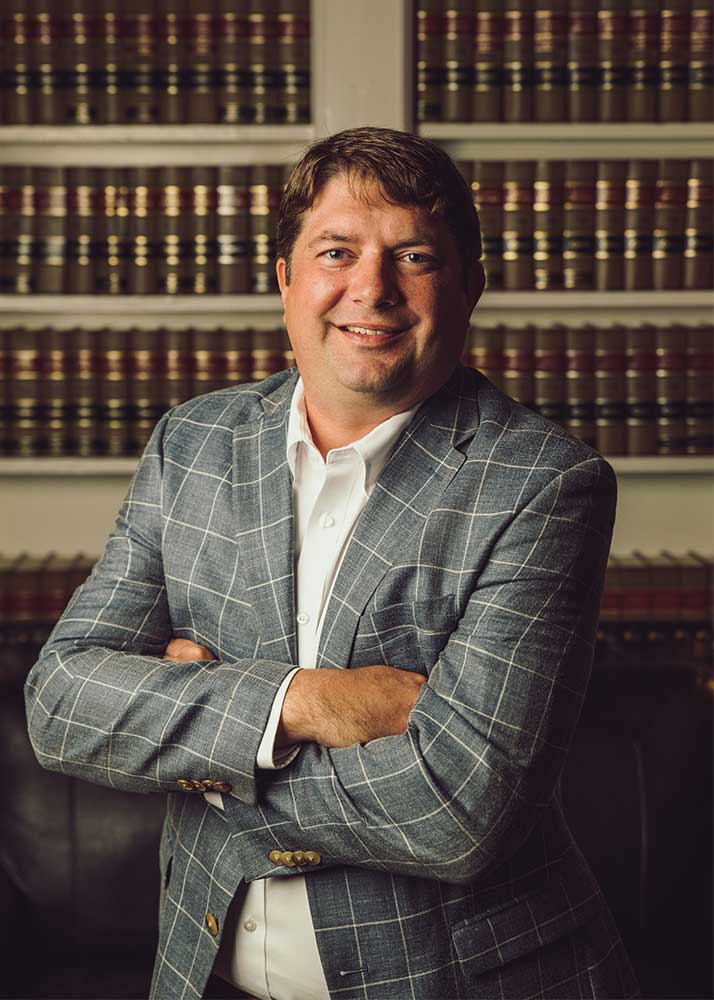Is It Elder Abuse? Recognizing Elder Abuse
The term “elder abuse” covers any kind of abuse of an elderly person. It is a topic that has gained increasing attention in the past few years as the population ages and people live longer. The National Center on Elder Abuse reports a prevalence of approximately 10%, but warns this figure is likely far lower than reality, as many cases go unreported.
Elder abuse is often perpetrated by a family member, typically a spouse or adult child. Elderly adults, oftentimes those with physical or cognitive impairments, may also suffer abuse at a long-term care facility or nursing home while under its care by an employee or by other resident.
What kinds of abuse do the elderly experience, and how can you recognize it?
Different Types Of Elder Abuse and How to Recognize Them
Physical and sexual abuse. Physical and sexual abuse may leave bruises, broken bones, and other evidence on the elderly person’s body. Sexual abuse may also be detected if they suddenly develop a sexually transmitted disease despite not having engaged in consensual sex.
Verbal abuse. Verbal abuse is difficult to recognize and may only be definitively discovered through the use of “granny cams” or other surveillance methods.
Neglect and isolation. This happens when someone is deprived of water, food, or medicine, or is left alone and unsupervised for many hours. Signs of this kind of abuse include malnutrition, dehydration, soiled sheets, filthy clothes, poor personal hygiene, and bedsores.
Financial. Elderly people, especially those experiencing dementia or Alzheimer’s, may be easy targets for financial abuse from their own family members as well as people unrelated to them. Theft, scams, forgery, and even coercion to alter wills or trusts are all examples of this kind of abuse. It may be detected when cash or personal items go missing, bank accounts are lower than expected, bills are higher, or estate planning documents are changed suddenly.
The National Center on Elder Abuse reports verbal abuse is the most common type of elder abuse, followed by financial abuse, and finally physical and sexual.
Bringing a Lawsuit for Elder Abuse
A lawsuit may be brought against those responsible for the abuse. That can include an individual such as a family member, a nursing home employee, or a nursing home resident. The nursing home or long-term care facility itself may also be sued, if it failed to live up to its obligation to protect its residents or if it employed someone unqualified for the job who subsequently abused a resident.
Talk to the Personal Injury Attorneys of The Carolina Law Group Today
Elder abuse is a particularly despicable type of abuse that preys on those who need the most care and protection. If you suspect your loved one is the victim of elder abuse, contact the personal injury attorneys at The Carolina Law Group today to schedule a free consultation to discuss your situation. Call one of the numbers below or fill out this contact form.
The Carolina Law Group has four offices in upstate South Carolina for your convenience: Greenville (principal office; call 864.312.4444), West Greenville (864.312.4444), Greer (principal office; call 864.757.5555), and Spartanburg. Call today.




